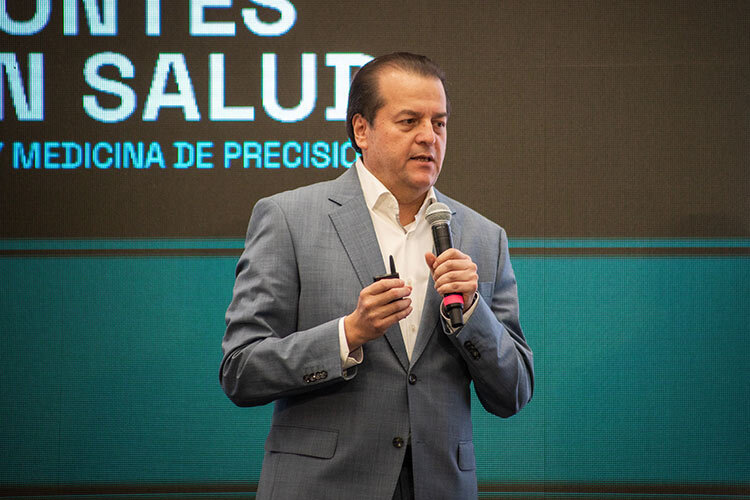Placing scientific evidence at the center, as well as the collaboration between public officials, health experts, and civil society are key aspects to improve the Mexican health system that currently faces a crisis.
Health experts, public policy experts, and former officials published an article in The Lancet where they analyzed the difficulties that the country’s health system has faced in the search for universal coverage, due to political polarization and the pandemic.
The text addresses the consequences of the replacement of Seguro Popular by the Institute of Health for Well-being (Insabi) at a time when the country had to respond to the health crisis caused by the Covid-19 pandemic.
There, they concluded that reforms must be designed to be flexible, but protected against political volatility. They warn that health systems must be built and managed in ways that are structurally permeable, flexible and adaptable to incorporate the innovation required to adapt to changing health needs guided by new evidence.
The specialists spoke about the study and the challenges the system faces in the panel The future of health in Mexico, 20 years after Seguro Popular at Tec de Monterrey, Campus Ciudad de México.

“I think we need to think in transforming health into a social right and not just a labor right”, Felicia Knaul. (Photo: Courtesy of TecSalud)
Renew, not disappear
“It would have been better to renew it,” said Felicia Knaul, director of the Institute for Advanced Studies for the Americas and first author of the article, in an interview with TecScience. “Nobody is saying that after 15 years Seguro Popular was good for us, there was a lot to improve.“
During the event, the panelists, who included Mariana Campos, general director of México Evalúa; Francisco Moreno, medical specialist in Infectious Diseases at the ABC Medical Center; Jaime Sepúlveda, executive director of the Global Health Sciences Institute; Gustavo Merino, leader of the Public Health Policy Unit of the Institute for Obesity Research; Julio Frenk, President of the University of Miami and Knaul, guided by Guillermo Torre, Rector of TecSalud and Vice President of Research at Tec de Monterrey, discussed the most important aspects revealed by the article and what the country needs to achieve a health system that protects everyone equally.
Among some of the figures that reveal the state of crisis in which our health system finds itself is the fact that early detection of diseases dropped to levels never seen before, with a 21% reduction in timely detection of breast cancer, for example.
Since the elimination of Seguro Popular, 34.4 million Mexicans do not have any form of social health security. “The figure is closer to 50 million”, considered Campos.
Regarding the budget spent on public health, the country barely invests around 2.6% of GDP, a value far removed from the 7% that is invested in Argentina and Brazil.
In addition, they explained that 52% of primary health care consultations are private and are given, for the most part, in corner pharmacies.
The future of the Mexican health system
For the panelists, the most important subject that the article showed is the need to base public health policies on scientific evidence.
“Health and education must be State policies that are removed from polarization and partisan contention,” said Frenk, former Secretary of Health in Mexico.
Another key aspect for the future of the health system will be to strengthen the collaboration between the public and private spheres, an aspect stigmatized in the current administration. “It is almost a demonization that has occurred against everything that is private,” said Sepúlveda.
In addition, collaboration between public officials, health experts, and civil society will be necessary to ensure that all Mexicans have access to health care, regardless of whether they are salaried or not.
“The design and implementation of a health system requires feedback from doctors and those who are operating the system,” said Torre.
Finally, it is necessary to invest more and create financing mechanisms that protect citizens. “You have to humanize it, because at the most vulnerable moment of a family, when there’s a sick member, a financial tragedy is added which is the bankruptcy of that family,” said Frenk.
With the upcoming elections, “we hope this article serves as an ingredient to bring objectivity, rationality and civility to the urgent public debate that awaits our country,” said Frenk.


















